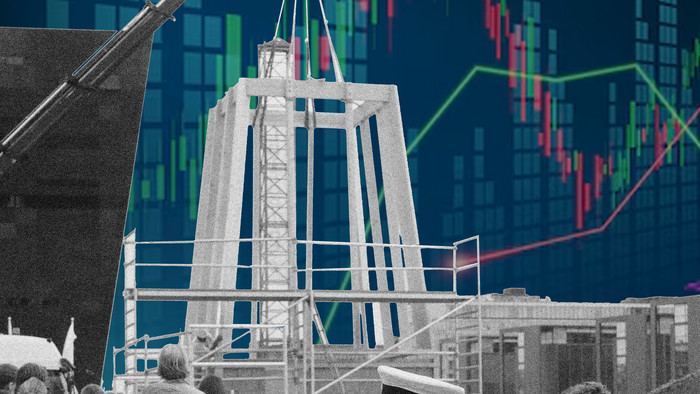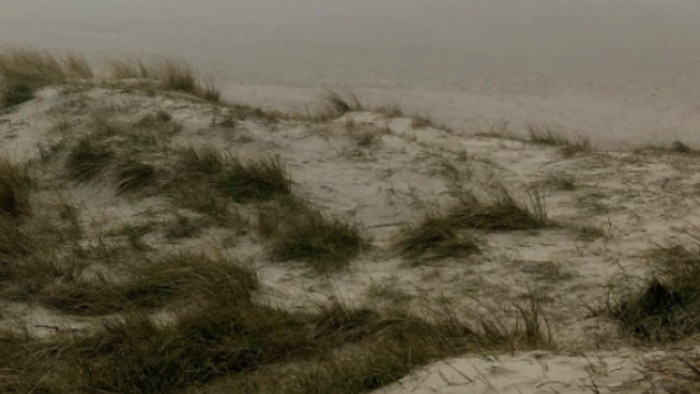
The climate service society – moving from foresight to insight
The starting point is simple: if we do not change quite dramatically then the climate will.
We know that pretty much for sure. However, all the research in climate change is not transformed into formats that we comprehend and act upon. We have a lot of data but very little information. So, what is needed now is not more research but the applied and in turn commercial use of data on how the basics of our globe – wind, rain, temperature, water reservoirs – will work in different climate scenarios. Hence, the concept of climate services that has been coined by the European Union for the last couple of years including EU funded research projects such as Secteur, EU MACS and the programme we are part of in Smith Innovation, MARCO (Market Research for a Climate Services Observatory).
Admittingly, listening to the front runners in this climate service society, one still sense a hang on for academia more than practice. Concepts are defined in abstract ways only, user-interfaces of the various software shown still requires a PhD-degree or so and first and foremost the understanding of the forces driving private business is at a text-book level.
But perhaps more importantly, the society seems somewhat trapped in its natural science environment from which it has developed. Surely, natural science is of essence in order to tell us how the wind move. And surely, natural science will tell us very little on how people move. As the dry landscape, here on the train ride from Valencia to Madrid reminds me, a problem and a solution do not always equal action. Building a decision-making infrastructure requires a lot of (what we in lack of a better term might call) soft skills.
This was in short the message we – based on our experience from projects like Klimaspring and Delta+– tried to give at our presentation for this society. That we need to move from modelling to markets, from bits to behavior, from climate foresight to climate insights. Only by doing so Valencia might keep its wonderful orange trees and my cross-county skies might be useful back home occasionally (from the weather forecast program forwarded by the meteorological institute of Holland I learned that a medium scenario will mean a three degree increase in the winter temperature on my home island Bornholm by the time when I hope still to be around).


